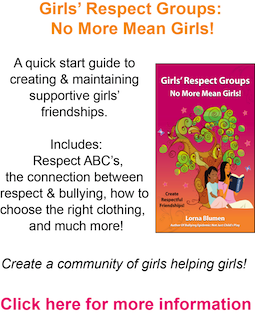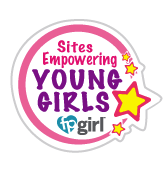There’s a powerful scene at the end of The Social Network, Aaron Sorkin’s film about Facebook founder Mark Zuckerberg.
By the film’s end, Zuckerberg has everything associated with success – money, fame, power. Everything except a meaningful relationship. He stares at a Facebook photo of his ex and tries repeatedly – unsuccessfully – to “friend” her. He wants to connect, but he also wants what she seems to have in her picture: Happiness.
The irony is not lost on us: The creator of the world’s most powerful social network is lonely. And whether it’s fact or fiction, you can probably relate … to the envy part!
This year several studies have shown that social network sites, and Facebook in particular, can induce envy and low self-esteem. It’s the old ‘Keeping Up With the Joneses” thing, but on a mass scale. Who knew there were so many Joneses to keep up with? And these people are supposed to be your “friends”?!
German researcher Hanna Krasnova and her colleagues put their finger on the problem in their report Envy on Facebook: A Hidden Threat to Users’ Life Satisfaction?
According to the study, people are often less satisfied with their lives when they look at friends’ Facebook pages. We tend to overestimate how great other people’s lives are. We think, “She looks happy, so she must be happy.” That leads to competition and envy.
Competition isn’t all bad – kept in balance, it can drive you to improve things. That requires a proactive attitude. Krasnova has discovered that when people use Facebook in an active way – communicating with friends and reaching out to new ones – they have higher life satisfaction.
But passive Facebook use (eg, following news feeds and looking at pictures) can result in malicious, hurtful envy. It might explain some of the sick comments on social network sites. What’s worse, it leads to what Krasnova calls the Self-Promotion-Envy Spiral – basically an escalating selfies’ arms war:
“Look at me at this party! My life’s better than your life!”
“Oh yeah? Here’s a shot of me in Hawaii!”
It’s one thing to worry about how much time is wasted on social media, but when time is wasted on such unfriendly rivalry, it’s downright dangerous.
It’s not just your Facebook friends that can bad for self-esteem. Online advertising aimed at teens and tweens isn’t helping.
Australian psychologist Amy Slater analyzed ads on websites targeted to tween and teen girls. She found – no surprise – that most of these ads depict a sexualized stereotype of women, with thin, scantily clad models selling everything from beauty products to games. We’re talking ads on sites designed for girls as young as 10.
When she surveyed over 1,000 teen girls, she found the more time they spent online, the worse their body image. Girls who spent more time on social media were even unhappier. Keep in mind, the average girl in the survey spent two hours online every day.
What’s a girl to do?
- Be more active: In every sense. If you’re on social media, write a post rather than troll. Better yet, get away from your smartphone and do something (head out biking with a friend, download the latest e-book, paint a picture, do a random act of kindness). You’ll have less time to envy, and the next time you’re on Facebook, you might have something interesting to say because you’re out doing, not trying to outdo!
- Demonstrate respect for yourself and others. You don’t need to airbrush your life – it’s beautiful, imperfections and all. Acknowledge the happiness and achievements of others, as you’d want them to do in your life. If people don’t celebrate your happiness, they’re not really friends, are they?
Our Girls’ Respect Groups program creates an environment of “Girls Helping Girls,” as teen mentors guide preteen girls over the rough spots of middle school. GRG keeps teens grounded in respect for self and others, along with a big helping of media awareness (see the next point).
- Get media savvy. Slater suggests that programs to prevent eating disorders should include info on how ads can distort our body image. Ads seldom represent reality.
- Demand change! Stella Lycos did. Last summer, the 16-year-old wrote an open letter to advertisers, the media and fellow teens. She wrote that the portrayal of women in ads amounts to bullying and must stop. Stella’s the founder of the Many Open Doors Foundation, an organization promoting social inclusion by teaching cooking skills to people with disabilities.
Social media can be a powerful and positive tool as long as its anti-social tendencies can be curbed. What are you going to do about it?
Learn more:
H Krasanova et al, “Envy on Facebook: A Hidden Threat to Users’ Life Satisfaction?”, Presented to the 11th International Conference on Wirtschaftsinformatik, March 1, 2013
A Slater, “Net Girls: The Internet, Facebook And Body Image Concern In Adolescent Girls,” The International Journal of Eating Disorders, May 25, 2013
Tools to Conquer Envy and Build Self-Respect:
L Blumen, N Evans & A Rucchetto, Girls’ Respect Groups: An Innovative Program To Empower Young Women & Build Self-Esteem!, Camberley Press, 2009
C Macavinta and A Vander Pluym, Respect: A Girl’s Guide To Getting Respect & Dealing When Your Line Is Crossed, Free Spirit Publishing, 2005



